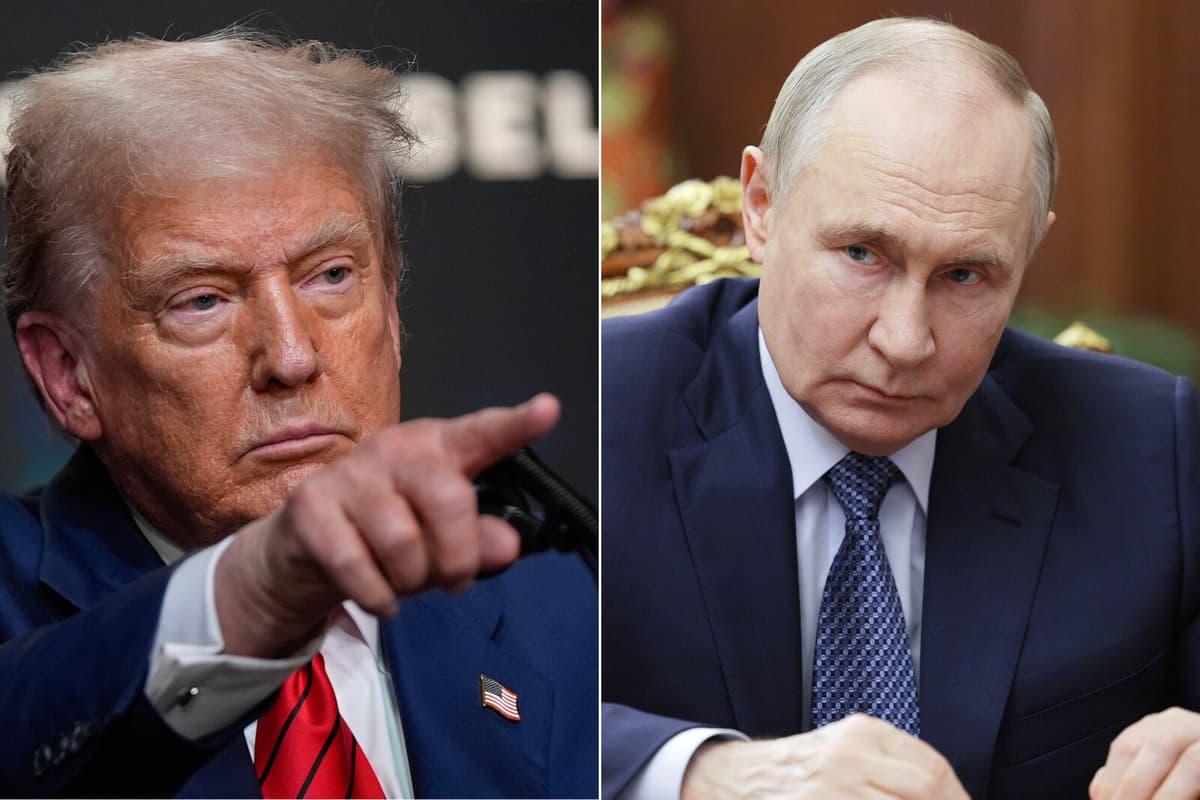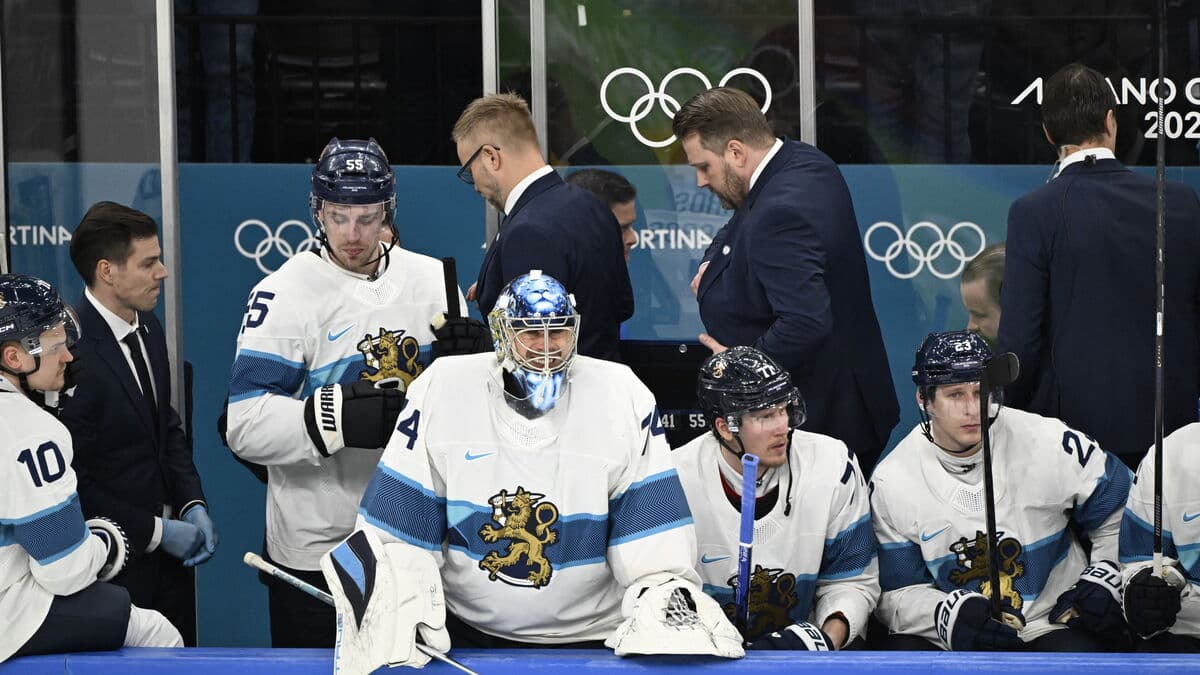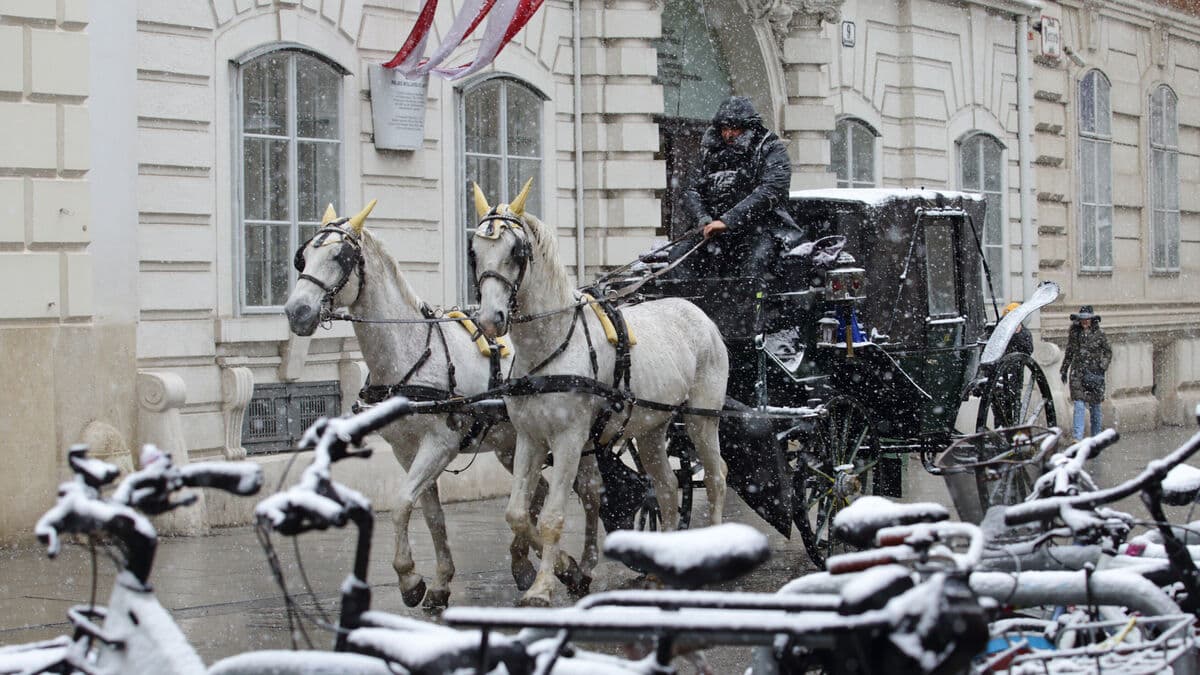Far over 20,000 sanctions – more than those directed against Iran, Venezuela, North Korea, and Cuba combined – have been imposed on Russia since the invasion in 2022.
Only the EU has introduced as many as 18 sanctions packages. Oligarchs have had their assets frozen, price caps have been set for Russian oil, and Russian banks have been excluded from international payment systems.
Yet, Russia's GDP is rising and the country's richest are becoming even richer, according to the International Monetary Fund (IMF) and Forbes.
The next step
The sanctions are not enough, states Maria Perrotta Berlin, researcher at the Institute for East European Economics at the Stockholm School of Economics. They have limited Russia's resources and access to capital, but not as much as desired.
The sanctions are large and powerful, but they have always come a little too late. Russia has had time to adapt, found ways to circumvent them, and so we have to find ways to plug the loopholes. We are always one step behind.
The presidents Trump and Putin will meet starting at 21:30 Swedish time in Alaska on Friday. Ahead of the talks, Trump has threatened with "serious disruption" to Russia's war economy if Putin does not agree to a ceasefire. Probably, it is about new punitive measures against the Russian shadow fleet, which is used to circumvent the G7's price cap on Russian oil, as well as sanctions against countries that still trade with Russia – not least China and India.
"Will burst"
Maria Perrotta Berlin is positive. The existing sanctions against the shadow fleet have proven effective, and sanctions against third countries are "the right way to go". But she believes that cooperation would have worked better than confrontation.
If one takes a hard line against India and China, it may backfire, with countermeasures from them, and then one will be forced to back down. We have seen that Trump has already done this in several rounds.
Advertisement
Then everything falls – and then perhaps Russia will not think that it is credible either.
Neither current nor future sanctions will put an end to the war tomorrow, summarizes Perrotta Berlin. But when Russia no longer gets more money from outside – and the war continues to cost a lot – the Kremlin's wallet will eventually run out.
When one puts less money on everything else – education, healthcare, pensions – it will burst at some point. And it is because of the sanctions.
Mia Holmberg Karlsson/TT
Facts: The Alaska meeting
TT
The summit between Russia's and the US's leaders will be held at the Elmendorf-Richardson airbase in Anchorage in the US state of Alaska.
The talks between Vladimir Putin and Donald Trump will begin one on one at 11:30 local time, 21:30 Swedish time, on Friday. After a while, the delegations from both countries will join, and the negotiations will take place over a meal.
In addition to Ukraine, they will discuss international security. "The length of the summit depends on how the discussions go," writes the regime-loyal Russian news agency Ria.
Afterwards, Trump and Putin will hold a joint press conference. Then the Russian delegation will immediately fly back home, it says.
Source: Ria
As a result of Russia's invasion of Ukraine in 2022, the EU and the US, among others, have imposed sanctions on Russia, which primarily target oil and gas.
Among other things, the US and Canada have banned all imports of Russian oil and gas. The EU has introduced measures that will in practice stop 90 percent of imports, with some exceptions for countries in the east that have become dependent on pipelines from Russia.
Before the war, the EU bought almost half of Russia's exported oil. Today, it is about five percent.
All oil imports by sea have been banned. In cooperation with the G7, a price cap of $60 per barrel of crude oil was introduced in December 2022, where ships carrying more expensive Russian oil are denied access to Western ports and insurance. The price cap was lowered in July this year to $47.60 per barrel.
Since the price cap was introduced, Russia has, however, circumvented the price cap through its so-called "shadow fleet" of aged tankers that have changed their flag to countries that do not follow the sanctions. In this way, Russia has been able to circumvent the restrictions and continue to sell large quantities of crude oil to countries such as India and China.






